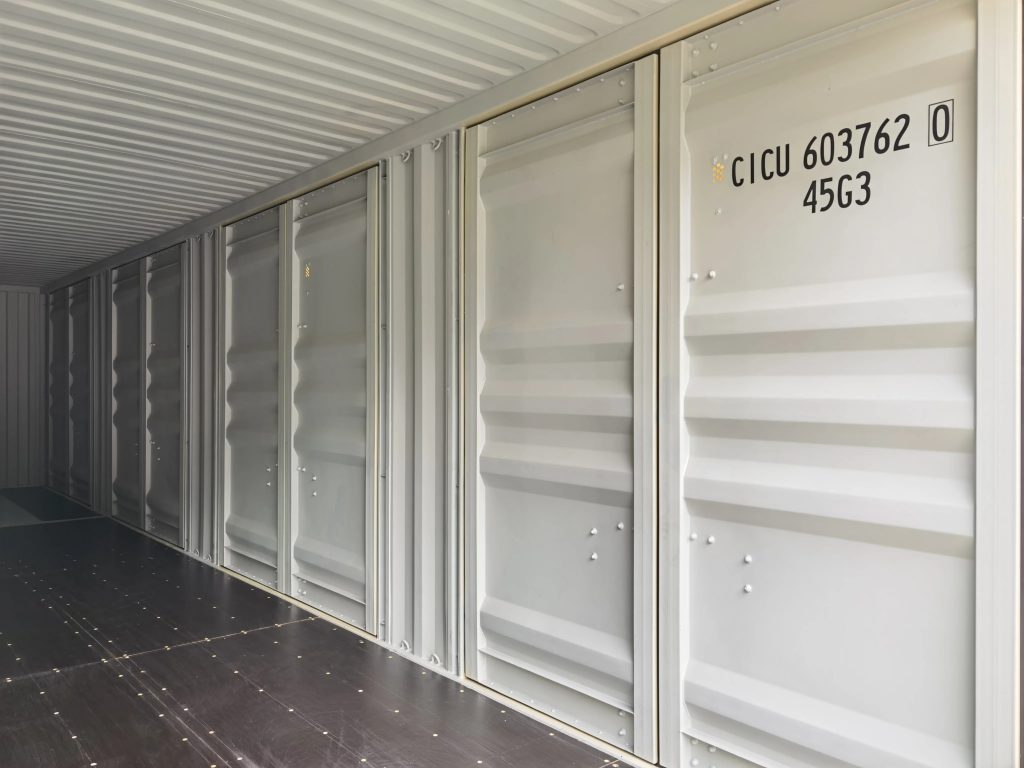7 Simple Tricks To Rocking Your Shipping Container Leasing

The Growing Trend of Shipping Container Leasing: A Comprehensive Guide
Over the last few years, shipping container leasing has actually become a viable and sustainable solution for organizations and individuals alike. Offered its usefulness and cost-effectiveness, numerous sectors are tapping into the benefits of leasing containers rather than buying them outright. This blog post checks out the ins and outs of shipping container leasing, its benefits, essential considerations, and responses to some typical concerns relating to the practice.
Understanding Shipping Container Leasing
Shipping container leasing includes renting a shipping container for an established period. This setup is hassle-free for companies that need momentary storage solutions or that participate in logistics and transportation without the need to own containers outright.
Why Lease Shipping Containers?
The appeal of leasing shipping containers can be associated to numerous aspects, each offering special benefits:
- Cost Efficiency: Leasing frequently needs less upfront capital than acquiring containers outright. This can release up cash for other crucial locations in a business.
- Versatility: With leasing arrangements, business can pick the period of the lease based upon their operational needs, allowing them to adjust to changing situations quickly.
- No Maintenance Concerns: When leasing, the owner-- usually the leasing company-- bears the duty of maintenance, repair work, and examinations, decreasing the problem on the lessee.
- Range of Options: Lease contracts frequently offer access to different container types, sizes, and conditions, dealing with specific requirements.
- Scalability: As companies grow, they can quickly increase or decrease their variety of containers based upon present demands, making it much easier to scale operations.
Secret Considerations Before Leasing
No matter the advantages, numerous elements need to be thoroughly weighed before entering a shipping container lease agreement:
- Duration of Lease: Understand the terms and length choices readily available. Is it a short-term lease, or is there a choice for long-term leasing?
- Container Condition: Inspect the container condition before signing any contract to guarantee it satisfies the desired function-- be it for storage, transportation, or living spaces.
- Cost Structure: Look for hidden fees-- such as delivery charges, or penalty fees for damages. Comprehend what is consisted of in the lease contract.
- Transport Logistics: If the container needs to be transported, make sure that the leasing business can accommodate delivery and pick-up logistics.
- Insurance coverage Options: Check what insurance coverage covers the rented containers in case of damage or theft.
Shipping Container Leasing Options
The leasing market uses a variety of container types and leasing arrangements to suit various needs. The table below provides a peek into typical types of leasing options:
| Leasing Type | Description | Ideal For |
|---|---|---|
| Short-Term Leasing | Leasings typically lasting weeks to months. | Seasonal organizations or occasions. |
| Long-Term Leasing | Typically covers numerous months to years. | Permanent installations or companies with constant shipping requirements. |
| Dry Storage Leasing | Standard containers used for basic storage. | Services needing dry storage. |
| Refrigerated Leasing | Containers geared up with refrigeration. | Disposable products or temperature-sensitive materials. |
| Modified Containers | Containers adjusted for particular usage requirements. | Pop-up stores, mobile offices, and so on. |
Advantages of Leasing vs. Buying
Below is an in-depth comparison of the advantages of leasing shipping containers versus buying them outright:
| Category | Leasing | Buying |
|---|---|---|
| Upfront Cost | Lower preliminary financial investment. | High upfront costs. |
| Maintenance | Less responsibility; company handles repairs. | Lessee is responsible for upkeep. |
| Flexibility | Easy change based on demand. | Tough to sell or customize. |
| Depreciation | No effect on balance sheets. | Loss of worth gradually. |
| Range | Access to different alternatives per requirement. | Restricted to what is purchased. |
Frequently Asked Questions (FAQ)
How do I find a reputable shipping container leasing business?
- Check online evaluations, compare leasing rates, and ask about client service to evaluate the reputation of various business.
What types of containers can be leased?
- Shipping containers can vary commonly, including standard dry vans, refrigerated containers, and even modified containers for specialized needs.
What happens at the end of a lease period?
- At the end of the lease, the container is normally returned to the leasing business. Cargo Storage Containers may provide a purchase option if you want to keep it.
Are there any surprise costs in leasing containers?
- It's vital to read the leasing agreement completely to determine any surprise expenses associated with damage, cleansing, or early termination charges.
Can I modify the container throughout the lease?
- Generally, modifications need approval from the leasing company, as unauthorized changes can break lease terms.
Is insurance required for rented containers?
- Lots of leasing companies need insurance coverage for leased containers. It's suggested to inspect the specific requirements before leasing.
Leasing shipping containers provides a practical solution for companies and individuals requiring versatile and cost-efficient storage or transportation choices. With a market full of range and competitive advantages, companies can make informed decisions tailored to their particular needs. By comprehending Shipping Container Architecture and thoroughly considering aspects before getting in a leasing arrangement, services can best place themselves for success without the monetary burden of ownership.

